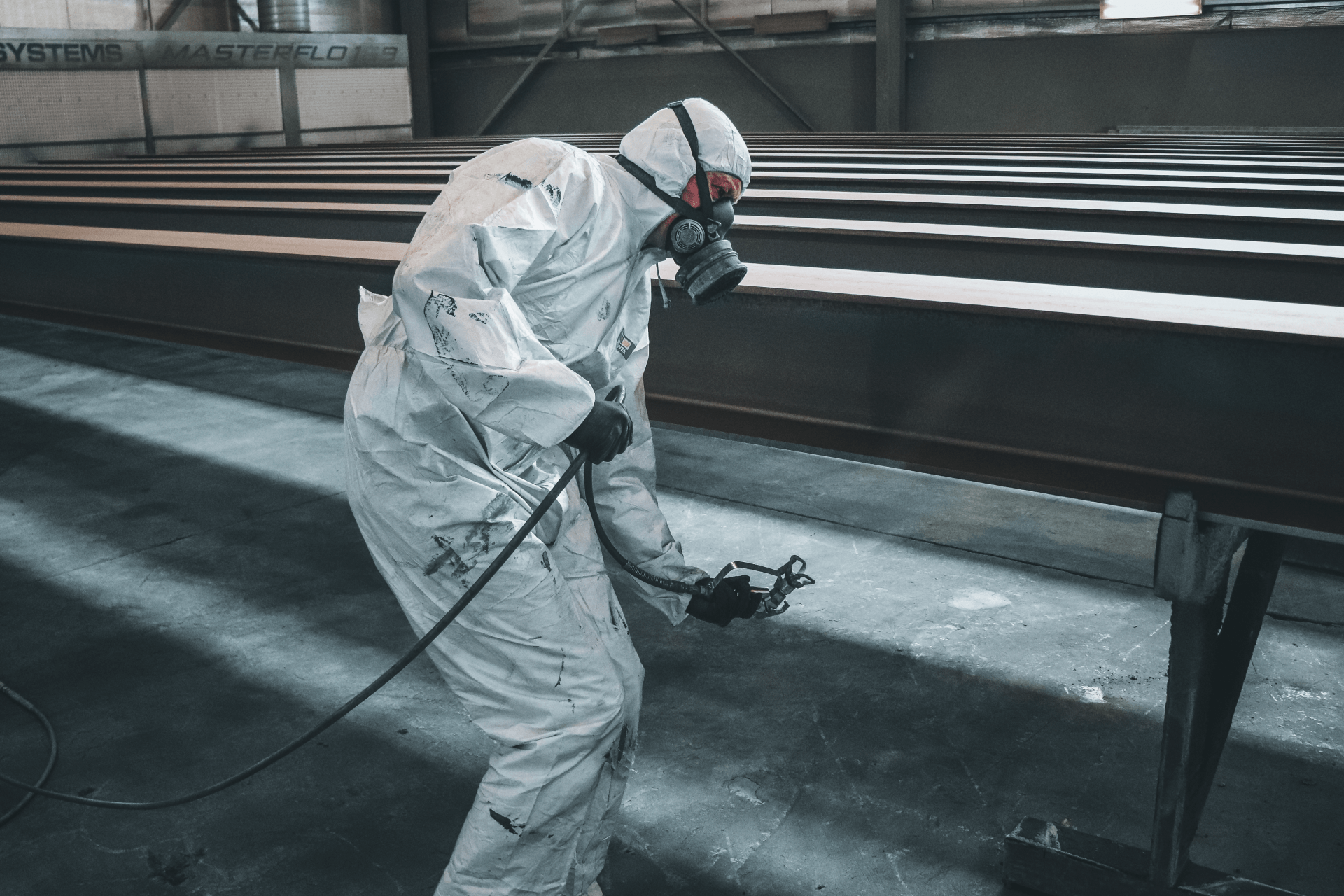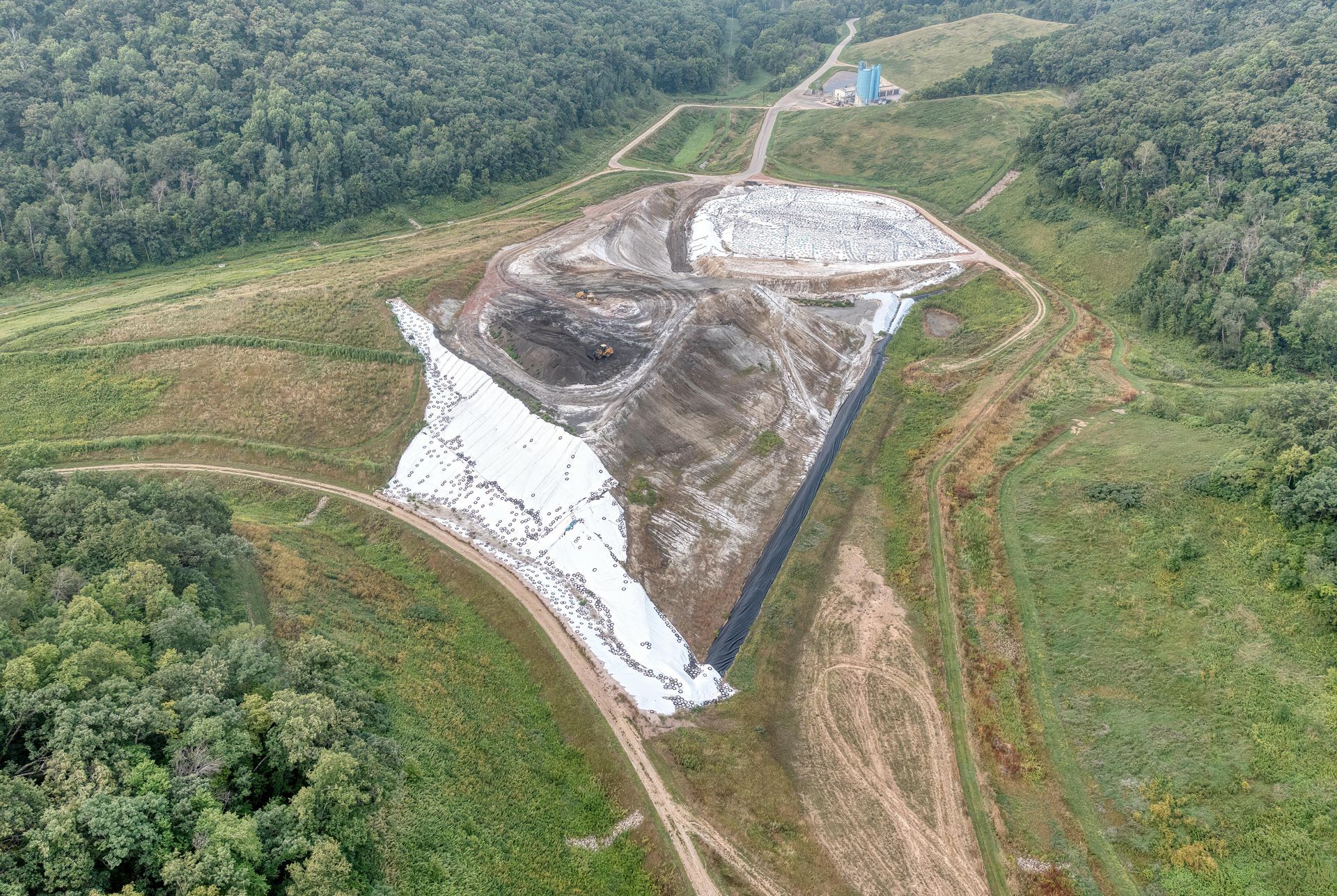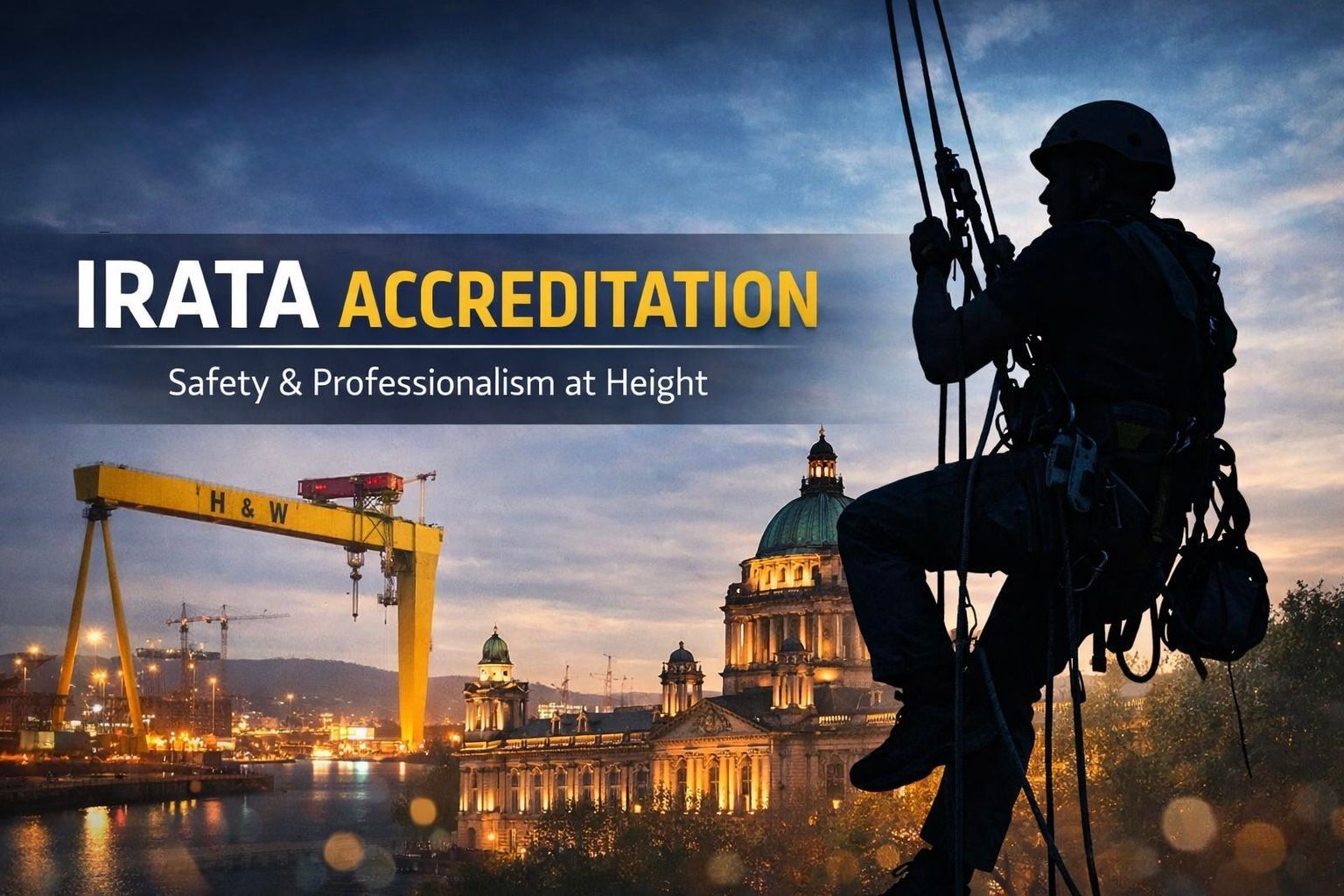Industrial Painting Certification: A Complete Guide to Professional Standards in Protective Coatings

Industrial Painting Certification: A Complete Guide to Professional Standards in Protective Coatings
In industrial environments, surface protection is vital. Bridges, refineries, wind turbines and offshore platforms all rely on skilled painters to preserve their integrity against corrosion and weathering. To achieve that level of quality and safety, technicians need recognised training — and that’s where industrial painting certification comes in.
Programmes such as Train the Painter, developed by the Corrodere Academy, provide a structured pathway to qualifications recognised by employers and asset owners worldwide. This guide explores why industrial painting certification matters, the standards that underpin it, and how Train the Painter builds competence across the global coatings industry.
Understanding Industrial Painting Certification
Industrial painting certification demonstrates that a protective coating technician can safely and effectively prepare, apply and inspect protective coatings to recognised international standards. It represents verifiable competence — ensuring consistency, quality and safety across the coatings industry.
Certified painters are trained to:
- Prepare steel and concrete substrates to the required ISO 8501-1 : 2007 (Visual assessment of surface cleanliness) and ISO 8503-1 : 2012 (Surface roughness characteristics of blast-cleaned steel substrates) standards.
- Apply coatings by brush, roller or airless spray, maintaining correct film build and finish.
- Follow product data sheets and inspection test plans to meet ISO 12944 corrosion-protection requirements.
- Record measurements such as dry-film thickness (DFT) and inspection data.
- Work safely in accordance with HSE COSHH Regulations and confined-space safety protocols.
Globally, industrial painting certification aligns with frameworks set by:
- AMPP – Association for Materials Protection and Performance, the world authority for corrosion control and coatings inspection.
- ASTM International, defining coating test methods and performance criteria.
- SSPC Contractor Certifications, which establish international contractor quality standards.
Together, these benchmarks ensure that certified applicators work to measurable standards of safety, precision and durability.
Why Industrial Painting Certification Matters
Industrial Painting Certification protects both people and assets. For technicians, it’s a mark of professional credibility; for employers, it guarantees that coatings are applied safely and correctly, in line with specification and law.
In the UK, the Health and Safety Executive (HSE) requires employers to demonstrate workforce competence under the Health and Safety at Work (Northern Ireland) Order 1978. Formal certification through structured programmes such as Train the Painter helps satisfy this requirement and strengthens a company’s quality-assurance record.
Beyond compliance, industrial painting certification brings tangible advantages:
- Improved coating consistency and reduced rework.
- Enhanced safety culture and environmental control.
- Stronger client confidence and easier pre-qualification.
- Greater career mobility and recognition for technicians.
Train the Painter: The Global Route to Industrial Painting Certification
The Train the Painter programme is an internationally recognised framework for coating-applicator training. Endorsed by the Corrodere Academy and aligned with AMPP standards, it is used across the marine, energy, infrastructure and industrial maintenance sectors.
Delivered through accredited centres like Dangle Academy, Train the Painter combines theory with extensive hands-on practical assessments. Each completed module leads to formal industrial painting certification, proving a technician’s competence to employers and clients.
Modular Pathway to Industrial Painting Certification
Train the Painter follows a clear modular structure that enables painters and blasters to build their skills progressively. At Dangle Academy, the programme is available in Bronze, Silver, and Gold levels, with optional specialist modules for advanced learners.
Train the Painter Bronze – Foundation Industrial Painting Certification
The Train the Painter Bronze course forms the foundation for all coatings training. It introduces the essential theory and techniques required for safe, high-quality coating work.
Learners cover:
- Health, safety and environmental awareness.
- Surface-preparation methods and standards.
- Coating materials and their functions.
- Brush and roller application techniques.
- Basic quality assurance and inspection skills.
Successful completion provides industrial painting certification as an Industrial Coating Applicator, forming the prerequisite for Silver and Gold progression.
Train the Painter Silver – Intermediate Industrial Painting Certification
The Train the Painter Silver level builds on Bronze and adds one specialist module — either Abrasive Blast Cleaning or Airless Spray Painting.
Each route develops advanced technical and safety competence:
- Setup and maintenance of blasting or spraying equipment.
- Achieving the specified surface profile or film build.
- Troubleshooting common coating defects.
- Environmental and quality-control monitoring.
This level of industrial painting certification recognises proficiency in one advanced application method, allowing painters to take on more complex industrial scopes.
Train the Painter Gold – Advanced Industrial Painting Certification
The Train the Painter Gold module represents the highest applicator qualification. Gold certification is achieved by completing Bronze plus both specialist modules — Abrasive Blast Cleaning and Airless Spray Painting.
Training includes:
- Combined blasting and spraying operations.
- Film-thickness measurement and record-keeping.
- Specification compliance and defect prevention.
- Advanced safety and environmental management.
Gold-level industrial painting certification demonstrates full competence in industrial coatings, meeting international client and inspection standards.
Specialist Add-On Modules
Further industrial painting certification options are available through specialist Train the Painter modules:
- Intumescent Coatings – Fire-protection systems for structural steel.
- Marine & Offshore Coatings – Corrosion control in marine and splash zones.
- Supervisor / Inspector Awareness – Quality assurance, leadership and documentation.
How Industrial Painting Certification Is Assessed
Each module includes:
- Written theory tests confirming knowledge of standards and coating systems.
- Observed practical assessments evaluating technique, finish quality and safety.
- Performance criteria verifying adherence to manufacturer specifications and environmental parameters.
Certificates are valid for five years and recognised globally by employers, auditors and inspection bodies.
The Career Value of Industrial Painting Certification
For Technicians
- Globally recognised competence for industrial, offshore and infrastructure work.
- Clear progression from applicator to supervisor or inspector.
- Higher earning potential and long-term career mobility.
For Employers
- Demonstrates compliance with HSE and ISO standards.
- Ensures consistent quality and reduces rework.
- Strengthens workforce audit records and client confidence.
Continuous Professional Development and Career Progression
The coatings industry evolves constantly, with advances in coating technology, surface preparation and inspection tools. Maintaining and expanding your industrial painting certification through Continuous Professional Development (CPD) ensures you remain competitive and aligned with current standards.
TTP Bronze, Silver or Gold Certification is only the foundation. Combining Train the Painter with complementary qualifications creates a multi-skilled, future-proof career pathway.
Expanding Beyond Coatings
Rope Access Training
The most valuable complementary qualification is IRATA Rope Access Training. Rope access allows technicians to reach complex structures safely and efficiently — from wind turbines and tanks to bridges and offshore assets.
Holding both industrial painting certification and IRATA certification significantly broadens employability, enabling technicians to deliver coatings work without scaffolding or MEWPs.
Health and Safety Certifications
Courses such as Working at Height Awareness, Manual Handling Awareness, and Confined Space Awareness reinforce essential safety knowledge and compliance with UK regulations.
Inspection and Supervision
Experienced applicators often progress into quality-assurance and leadership roles. Adding Supervisor / Inspector Awareness or advancing to programmes like the AMPP Coating Inspector Programme (CIP) provides a pathway to inspection and project supervision.
Specialist Industry Training
Further development in intumescent coatings or marine protection ensures technicians can adapt their expertise to niche industry requirements, particularly within renewables and offshore maintenance.
A Complete Career Path
Combining these qualifications creates a comprehensive professional profile:
- Train the Painter – Technical and practical coatings competence.
- IRATA Rope Access – Safe work positioning and mobility.
- Safety Certifications – Compliance with HSE and workplace legislation.
- Inspection Modules – Quality assurance and leadership.
This integrated pathway establishes a fully developed entry route into industrial maintenance, offering sustained career growth across multiple sectors.
Why Choose Dangle’s Academy?
Here at Dangle, we pride ourselves on offering a wide range of professional and comprehensive inspection, access, coatings, and composite (IACC) industrial services and training courses to cater to the needs of both the private and public sectors. Our dedication to providing high-quality work at height solutions and training has helped us establish a strong reputation in the industry.
With a team of highly skilled and experienced professionals, we are committed to delivering exceptional results that not only meet but exceed our clients' expectations. Our on-site working at height services are designed to minimise maintenance costs in the long and short-term, allowing our clients to save on valuable resources.
Located in Belfast, Northern Ireland, our headquarters serve as the centre of our operations across Ireland. However, we also have a Dangle office based in Scotland, ensuring that we can extend our services to a wider clientele across the United Kingdom. No matter where you are located, our team is always ready to assist you with your industrial maintenance or training needs.
If you would like to learn more about how our dedicated team can help you, we encourage you to get in touch with us today. Our friendly and professional staff are always available to provide you with the information and support you require.


